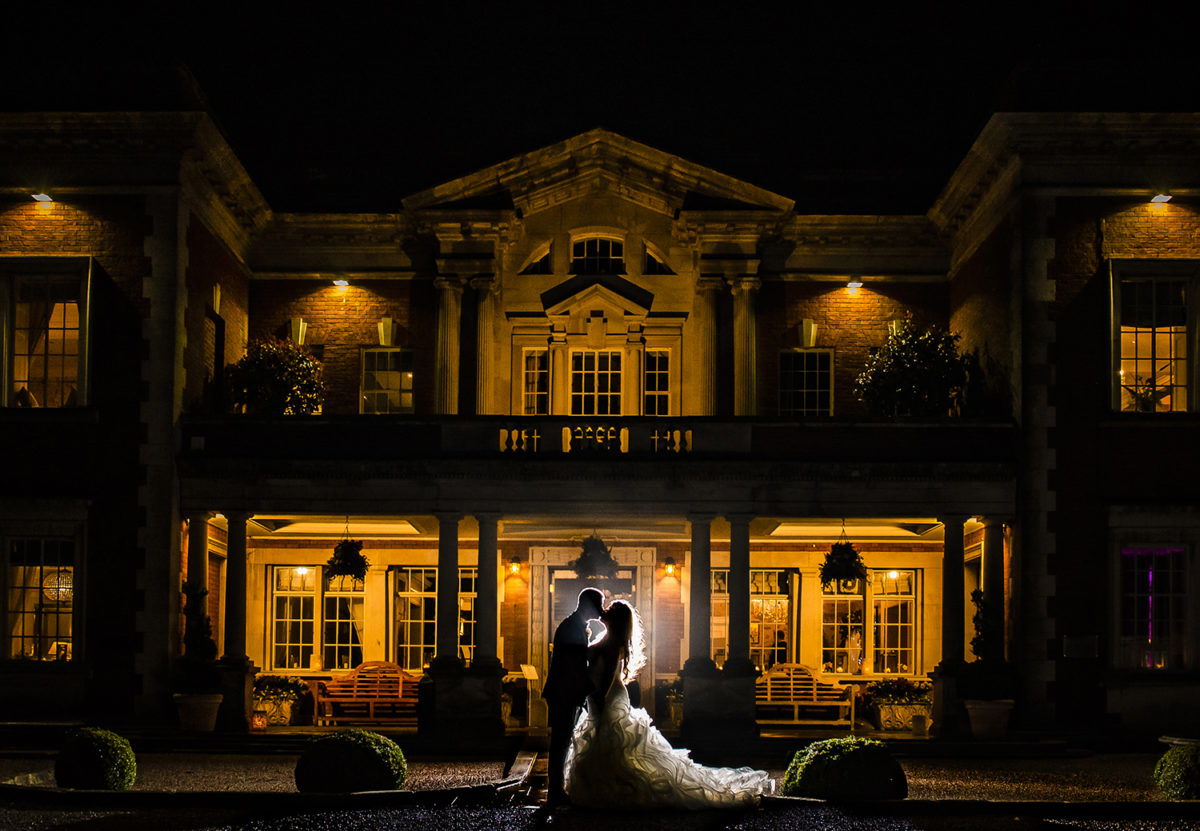Ancient Roman customs like this were used to offset the bride’s living expenses for the bride’s family.
As Cynthia Meyer, a certified financial planner at Real Life Planning in the greater New York area, explained, the tradition of the bride’s family paying for the wedding evolved from dowries, where the bride’s family gave the husband or the husband’s family property or money upon marriage.
While this rule isn’t set in stone, it has been followed by many couples over the centuries. In contrast, the groom’s family traditionally covers the rehearsal dinner, honeymoon, and alcohol at the reception. Several expenses may be the groom’s responsibility. At least in Amercian weddings.
In the UK we are a little different. We don’t have rehearsal dinners, you would have seen all about these in Hollywood films.

Is it the bride or the groom?
There are differing views on how to pay for the wedding. The bride’s parents used to host (and pay for) the entire celebration back in the day.
These days, most people believe couples should pay for their weddings, especially if they have lived alone for some time.
It’s natural for parents to want to get involved. The traditional divisions on the following post will offer some more wedding guides on who pays for what at a wedding, but contributions should be negotiated according to ability and willingness.
Parents may generously offer a portion or all of your wedding. Knowing who historically funds each aspect of the big day is helpful. Understanding how wedding bills are typically structured will help everyone navigate this tricky process, including the bride’s parents paying for the engagement party and the groom’s parents paying for the rehearsal dinner.
We’ve got wedding tips to help you decide who will pay for what on a traditional budget.
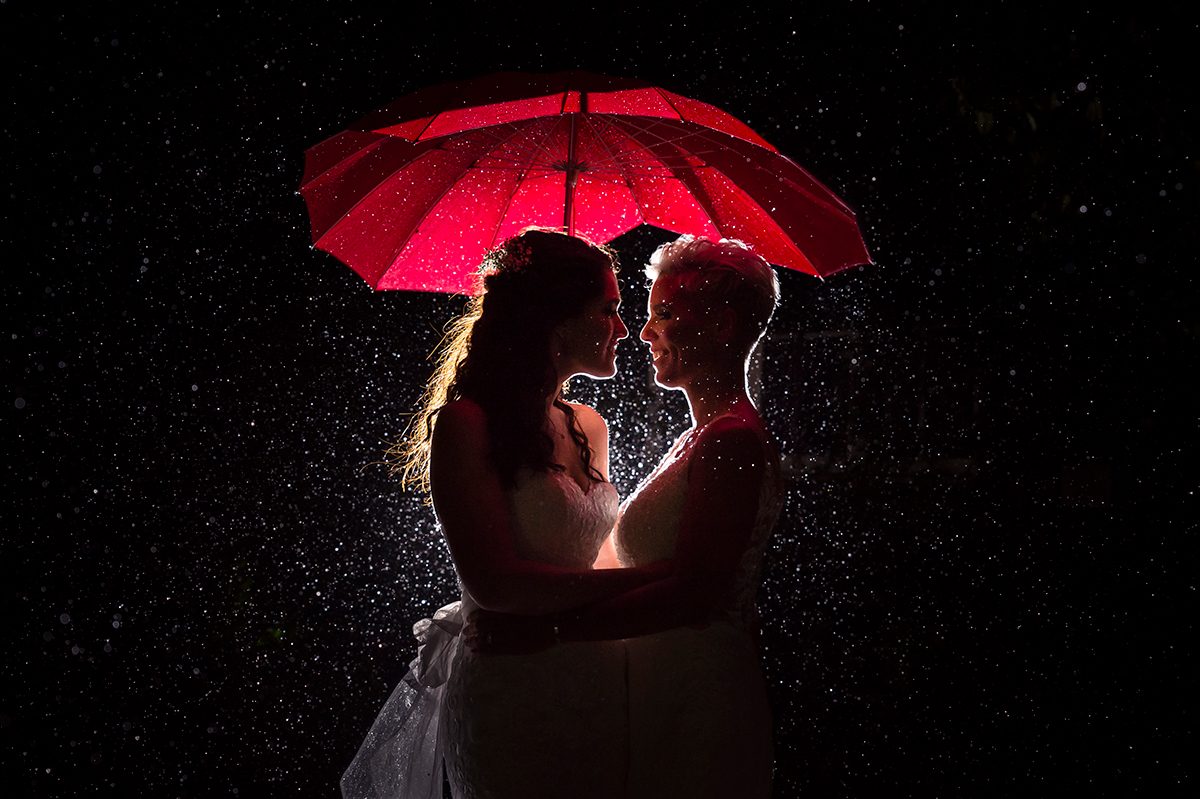
Traditionally, what does the bride’s family pay for?
There’s a tradition that the bride and her family will cover everything from wedding planning to the bride’s dress, floral arrangements, transportation on the wedding day, Livepool wedding photography and Liverpool wedding videography costs and reception costs. The bride is responsible usually pays for gifts for her bridesmaids, the rings, and a gift for him.
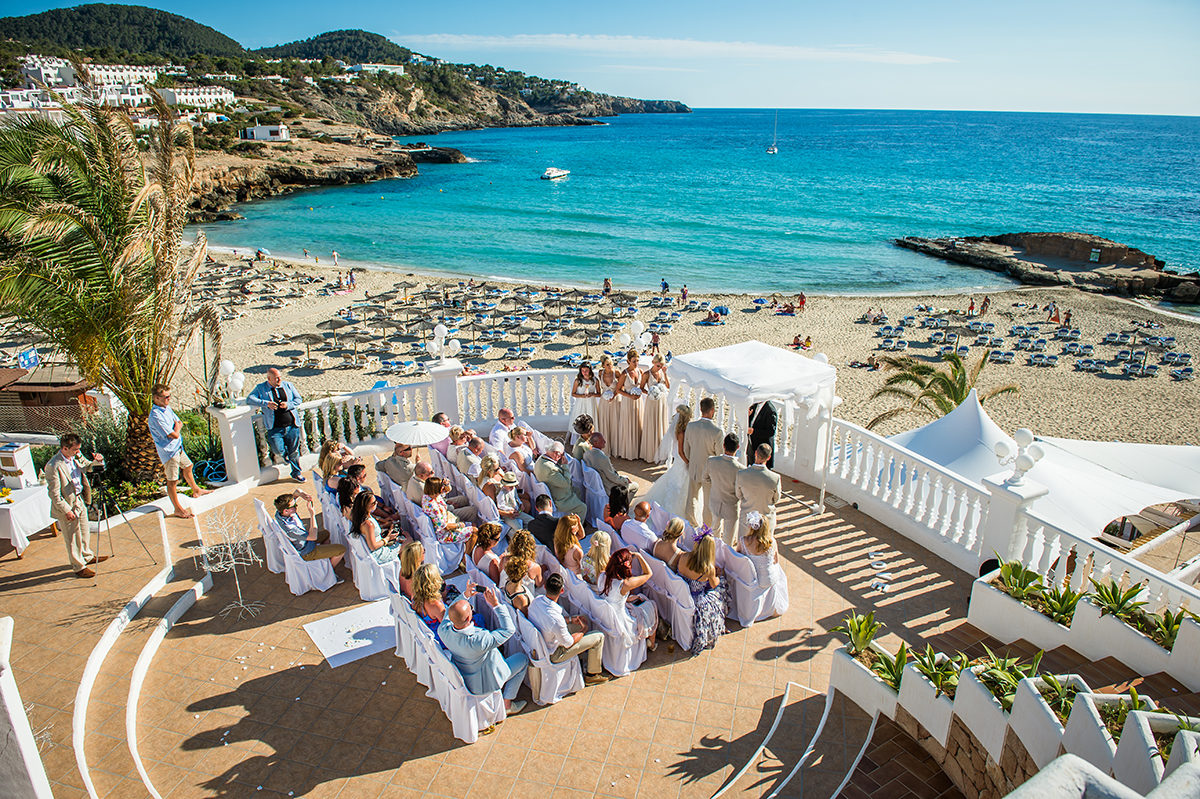
Engagement Party
Engagement parties are up to the bride and her soon-to-be spouse.
Engagement parties aren’t strictly traditional, so the bride’s family or her partner can cover all the expenses if the couple wants one.
Unless the bride’s family pays, they’re responsible for hosting, planning, and covering food, drinks, decorations, rentals, and the venue (if it’s not at the bride’s house).
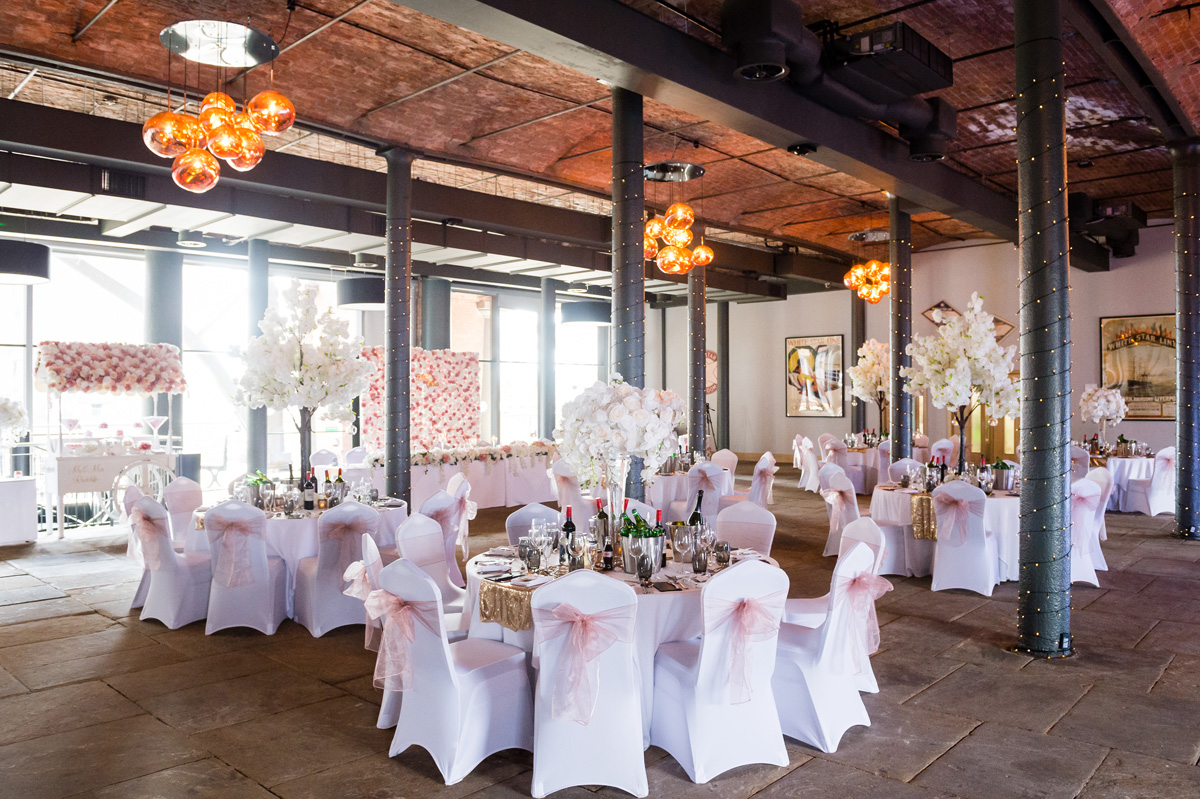
Stationery and invitations
All invitations and stationery costs are the responsibility of the bride’s family, which average £530.
The average cost includes engagement announcements, party invitations, save-the-dates, wedding invitations, and RSVP cards. As well as day-of paper (menus, ceremony programs, and place cards.
Wedding Planner
Wedding planners are highly recommended and are one of the most important expenses for the bride’s family. From communicating with vendors to staying within budget, wedding planners can help with many wedding planning tasks.
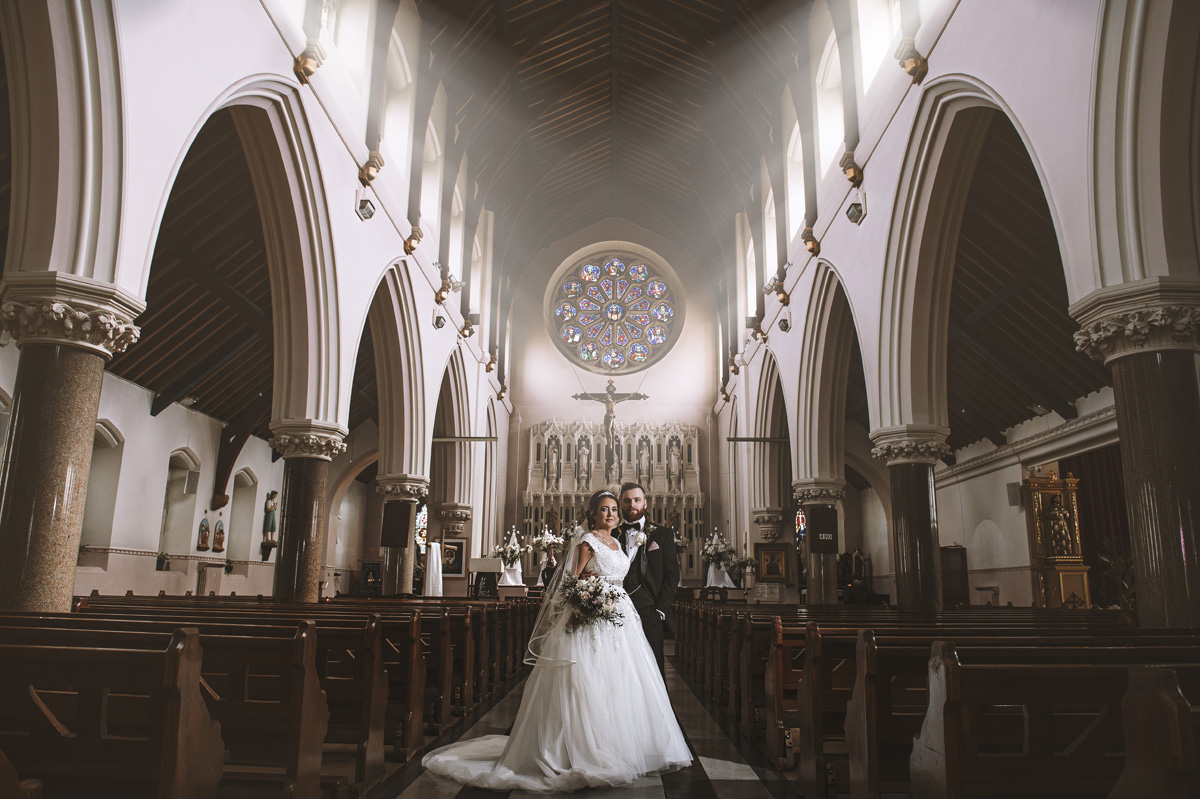
Wedding Ceremony
There is no doubt that the wedding ceremony (traditionally) is the most expensive expense that the bride’s parents have to bear.
It is important to note that venue, décor, and music are all integral to a wedding ceremony. Have your family help you choose your dream wedding venue (religious institution or banquet hall?), theme (rustic or vintage?), and song (this determines what kind of musicians you’ll hire).
There are many choices that you can make when it comes to your wedding budget.
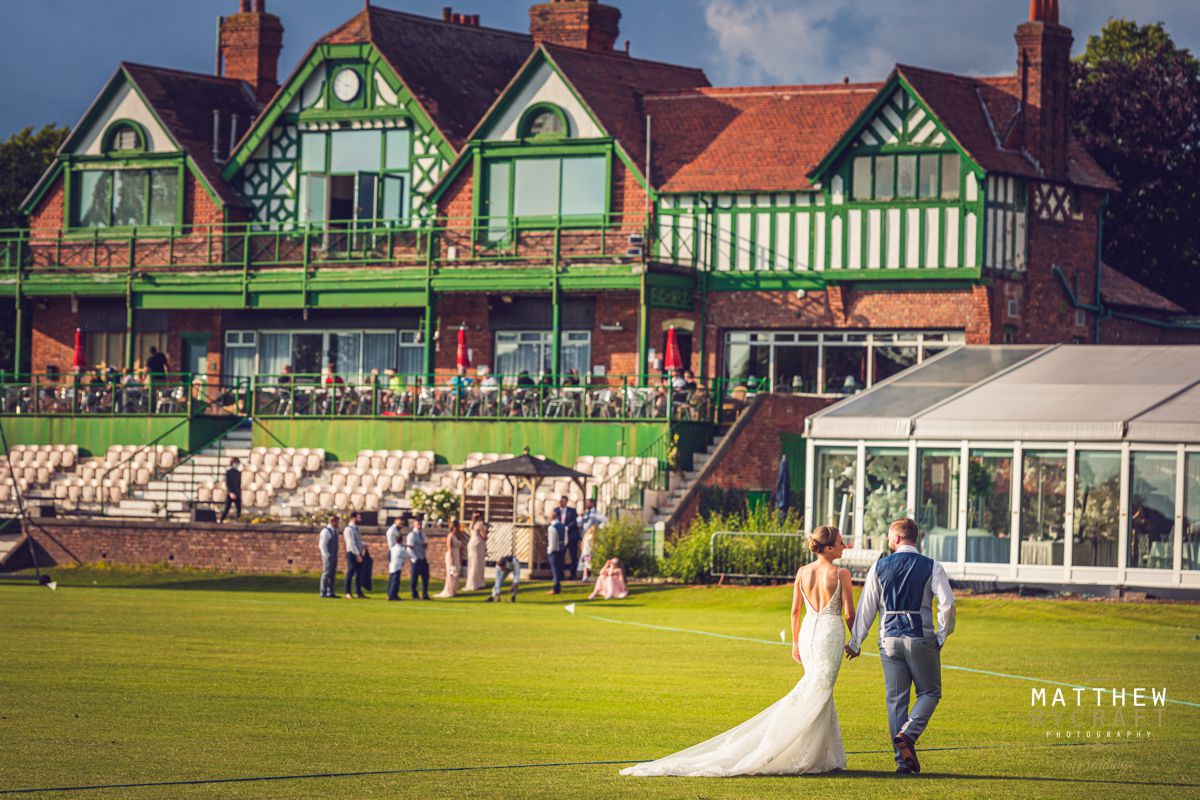
Wedding Reception
As with the wedding ceremony, the bride’s parents usually pay for the venue for the reception, decor, and music for the event.
It is always a good idea to hire a live painter or a magician if you are looking for fun wedding entertainment ideas for your reception that will spice things up.
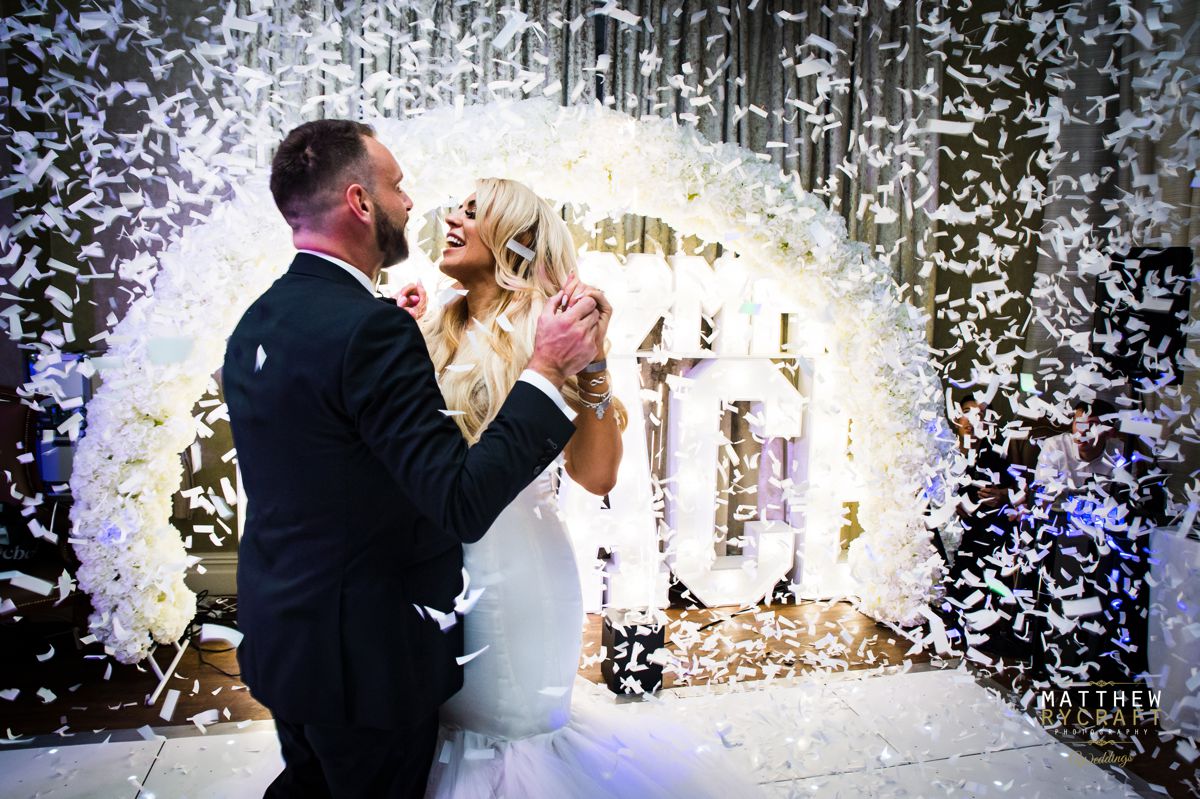
Accessories and attire for the bride
In addition to the wedding day outfit and accessories (veil, shoes, jewelry, etc.), the bride’s family also pays for her wardrobe during the pre-wedding events (shower, bach party, rehearsal dinner, honeymoon).
Wedding Videography or photography
Parents of the bride pay for Liverpool wedding photographers or wedding videographers. To ensure you capture and relive all the special memories of your wedding, we strongly recommend using both services.

Transportation
The bride’s family traditionally pays for all wedding transportation for the bridal party (to and from the venue). Also, the bride’s family is responsible for covering the cost of lodging for the wedding party if they offer.

Accommodations for bridal parties
The bride’s family usually pays for accommodations for the bridal party. If paying for the accommodations of the bridal party will cost you more than your wedding budget, it may be a good idea to reserve hotel room blocks instead. You may get a discount on your wedding party’s hotel room by booking a block of rooms for your guests. It would also be helpful to reserve room blocks at hotels near your wedding venue to simplify transportation plans.
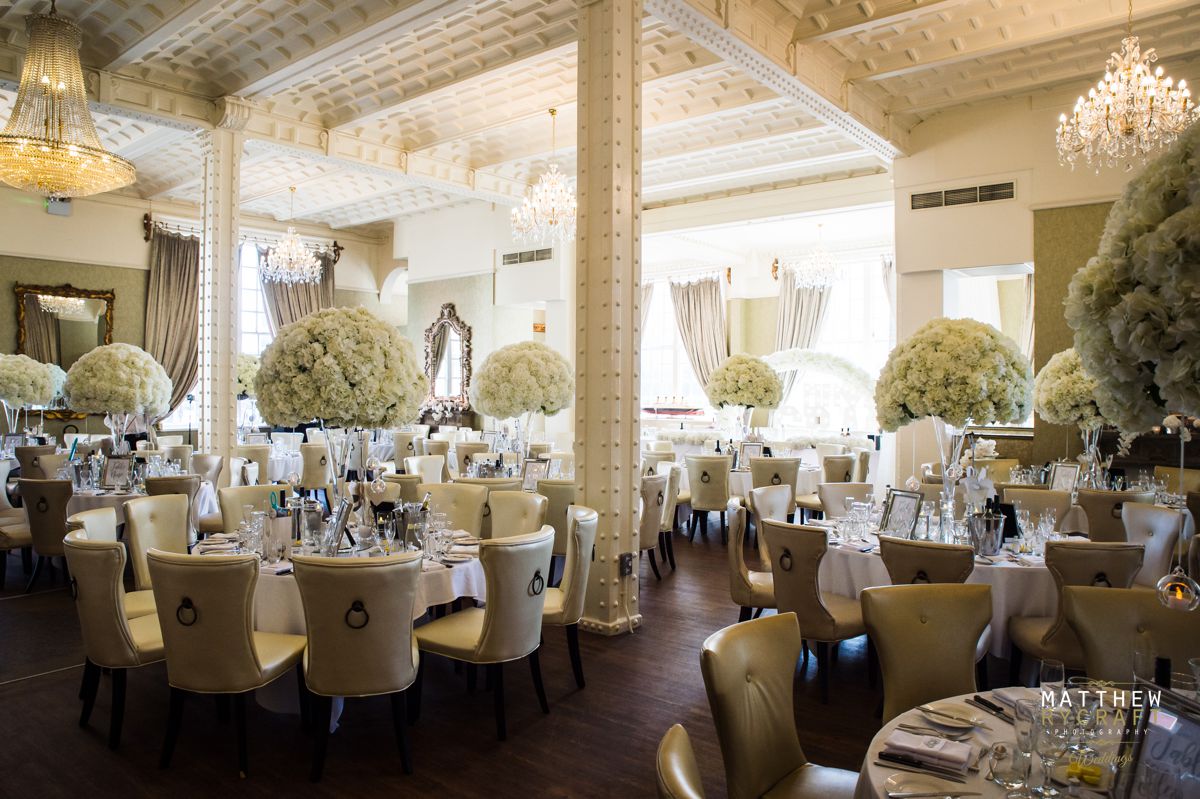
Floral Arrangements
The bride’s family is responsible for wedding flowers for the ceremony and reception. The bride’s family is also responsible for taking care of the bouquets and corsages for the wedding party.
Catering
In most cases, the bride’s parents are the ones who pay for the catering of the wedding.
According to the data gathered from the study, 57% of the couples surveyed listed food and beverage as one of the most important considerations during the wedding planning process.
Many aspects of a wedding are significant to a couple, including the wedding menu. Make a point of incorporating your culture(s) or other cultures’ cuisine into your wedding menu to pay homage to your and your partner’s culture(s).
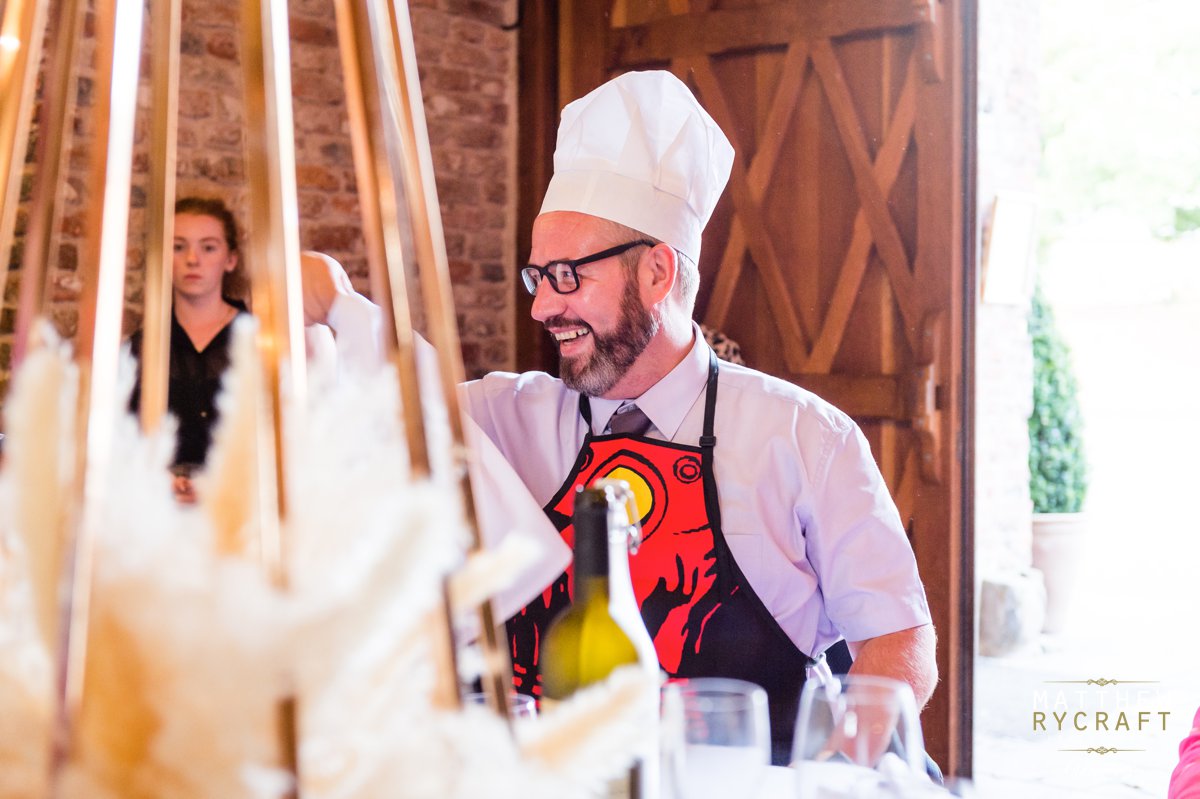
Wedding Cake
75% of couples will have a wedding cake on their special day, based on an internal study. The bride’s family typically provides wedding cakes, but you don’t need to stick to this tradition if you don’t want to.
In the 2021 study, couples also chose cookies, cupcakes, and pastries as desserts. Is some cases a family member for friend may even make your wedding cake as a wedding gift.
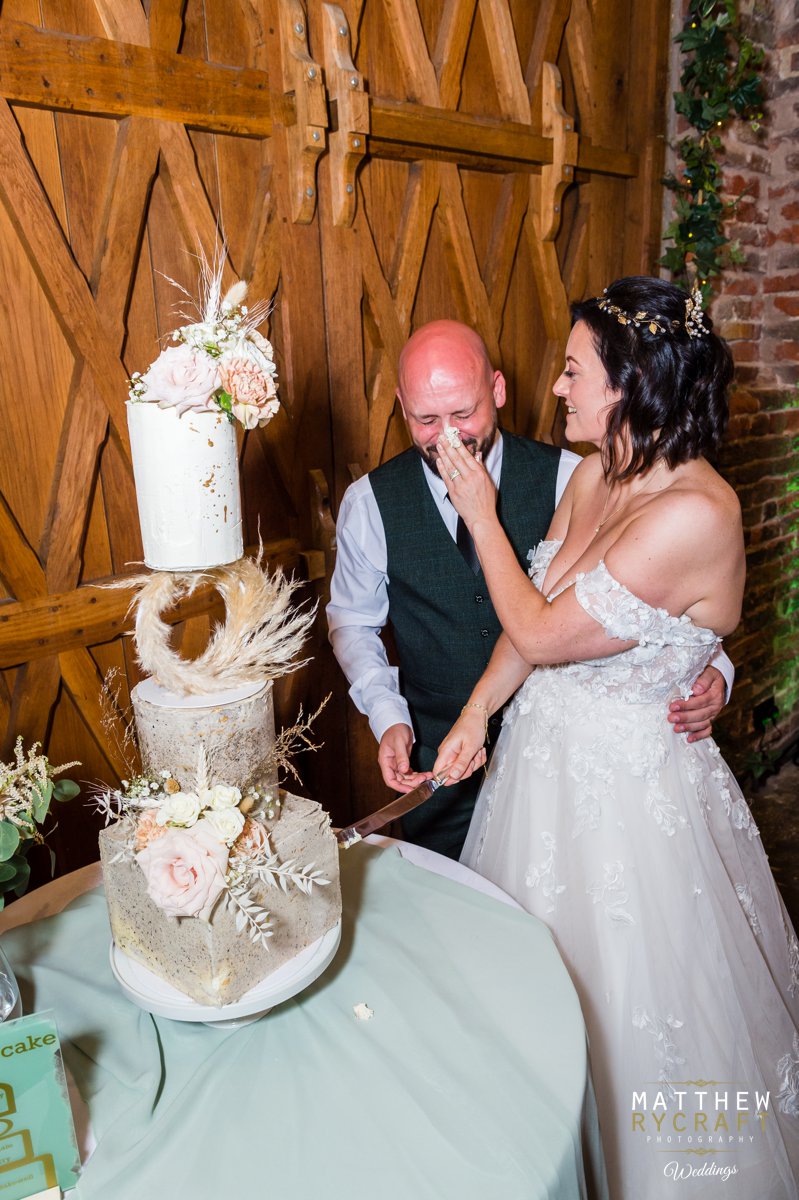
Traditionally, what does the groom’s family pay for?
You may offer to help pay for the accommodation of the groom’s attendants (if you have offered to help), and sometimes expenses related to the groom’s family.
It is accustomed for the groom to pay for the marriage license, officiant fees, and bouquet for his bride, her engagement and wedding rings, and a gift; he should also buy boutonnieres and gifts for the groomsmen.
As head of the household, he is traditionally responsible for the honeymoon costs.
You should ensure that each party feels comfortable with its contribution. However, you work it out.

Final thoughts
To take their daughters off the groom’s family, the bride’s family used to pay the groom’s family a dowry hundreds of years ago.
Dowries were replaced by trousseaus (brides’ dresses, accouterments, and stuff like cake, etc.), usually prepared by the bride’s family.
For the most part, trousseaus have fallen out of style now that we have wedding vendors to make the cakes and dresses, and the bride’s family just pony up the cash for them.
As you can see there is an awful lot to pay for on your wedding day. In the modern day it’s not very traditional for the Brides family to make a huge contribution. But is very common nowadays for both families if they can afford it to contribute evenly. But as we point out in this guide I always feel it’s nice if one side of the family pays for something as a whole.
For instance it’s such a lovely gesture for the Brides mum and dad to pay for her daughters dress.
Working out who pays for what nowadays is a lot easier, I’m sure both families feel they want to contribute something towards part of the wedding.
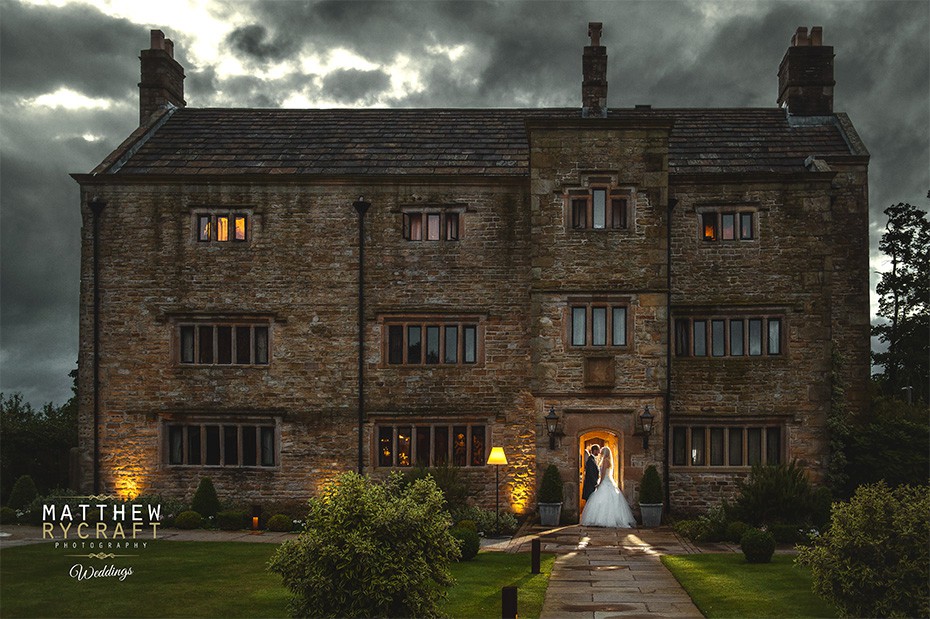
I have attended weddings where the grooms family has paid for the drinks as the grooms dad was very well versed in wine.
So it could be that the financial contribution is just related to your own personal interests.
But on the other side of all this I have attended many weddings where both the bride and groom had paid for absolutely everything. And in some cases this is on purpose, as they feel that if they pay for the whole wedding it’s their wedding to choose what they want rather than having parents interfere with their own choices or demands. Something both bride and grooms need to consider seriously.
"*" indicates required fields

